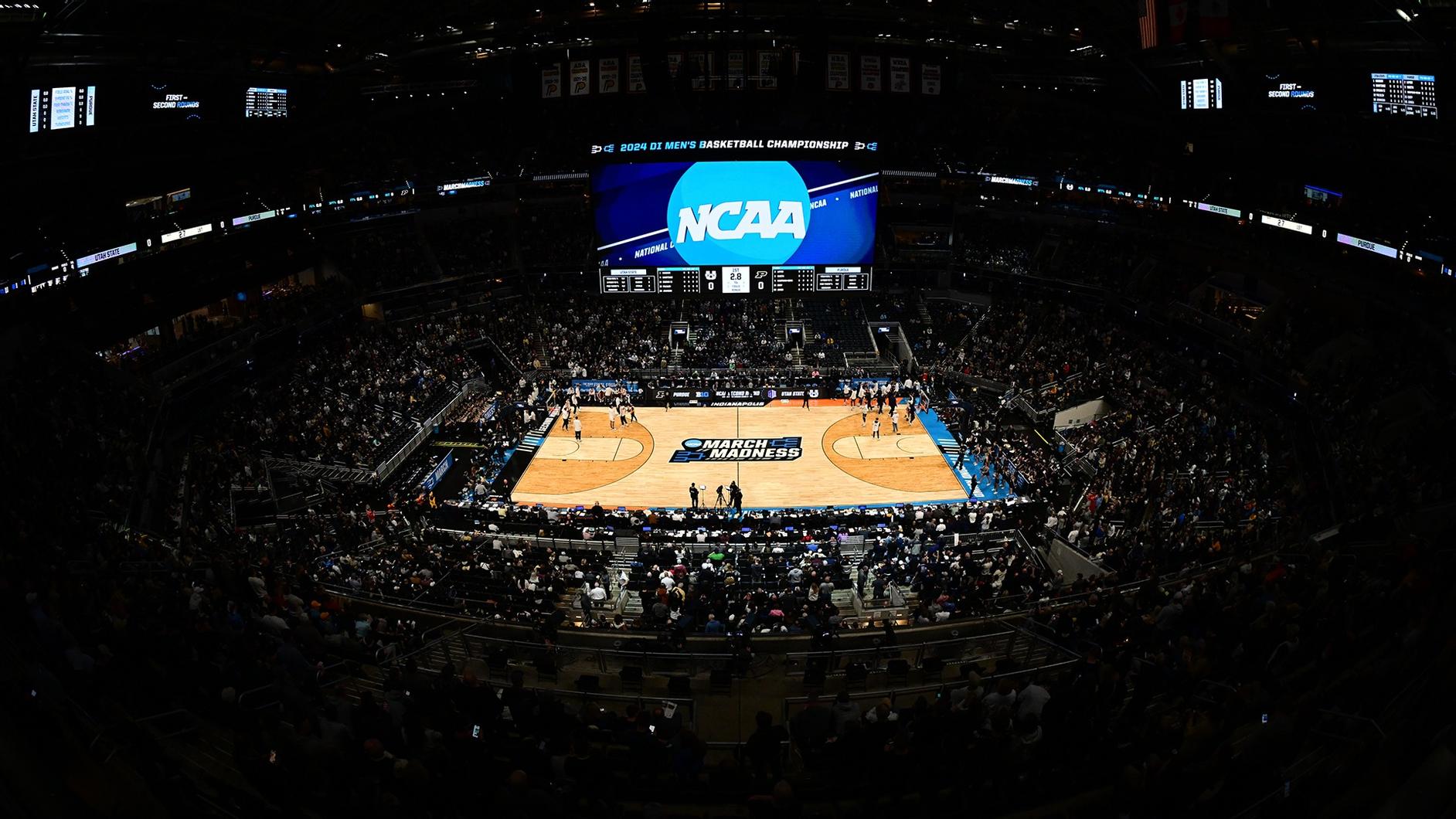Growth of Web TV scares Internet companies
Web-based video services such as YouTube and Joost and the increasing distribution of TV programs on a global scale threaten to overload the Internet and bring the infrastructure to its knees, several Internet companies warned last week at the Cable Europe Congress in Amsterdam.
Google, which acquired online video sharing site YouTube last year, said the public Internet was not designed for TV. "The Web infrastructure, and even Google's (infrastructure) doesn't scale. It's not going to offer the quality of service that consumers expect," Vincent Dureau, Google's head of TV technology, told Reuters.
Google instead offered to work together with cable operators to combine its technology for searching for video and TV footage, and its tailored advertising, with the cable networks' high-quality delivery of shows.
Google, Reuters reported, was welcomed with a mix of fear and awe by the cable TV companies, which are concerned that Web companies will try to steal their TV distribution business.
The data involved in one hour of video can equal the total in one year's worth of e-mails, Reuters noted. Gartner, the research firm, estimates that 60 percent of the Internet traffic that is uploaded from computers is peer-to-peer traffic, mostly from consumers swapping films and TV shows through select user groups and BitTorrent.
Spanish cable operator ONO's CEO Richard Alden said most of the IP traffic is peer-to-peer, and most of that is video. Every year, his company has to invest substantially just to maintain the user experience.
Get the TV Tech Newsletter
The professional video industry's #1 source for news, trends and product and tech information. Sign up below.
